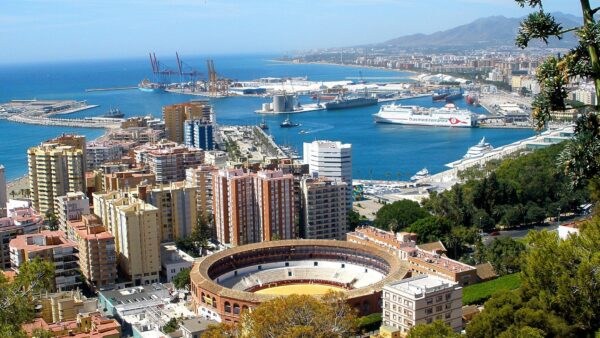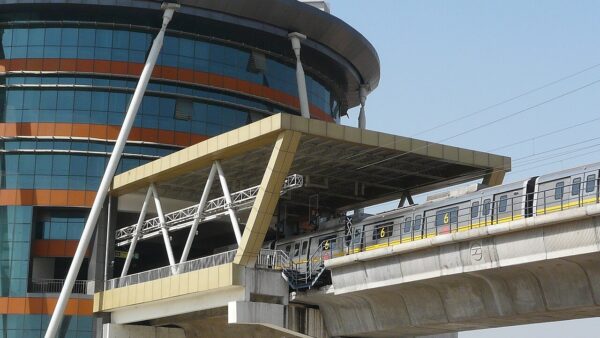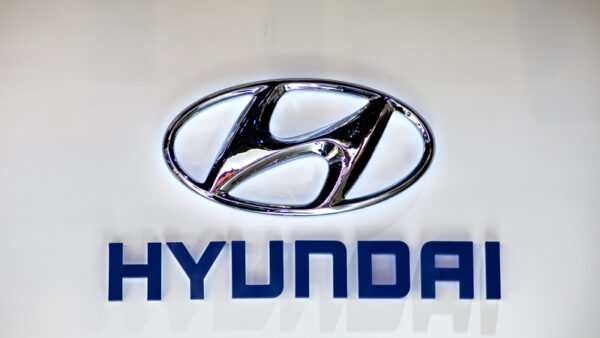Chinese shipping company Cosco Pacific, the owner of the world’s fourth largest container fleet by capacity, is expected to buy a controlling stake in Greece’s largest port this week.
The Chinese company took a €50m, 30-year concession on one of Piraeus’ two container piers in 2009. Since then, it has invested some €280m in modernising its dock and increasing its handling capacity from 880,000 containers a year to 3.7 million.
According to the deal that Cosco signed with HRADF, Greece’s privatisation agency, the Chinese giant will initially buy 51% of Piraeus for a further €280m. It will then acquire the government’s remaining 16% stake for €88m after five years, by which time it will have invest an additional €300m – although the company said in July that it would actually spend €500m in further upgrading the port’s container and cruise liner capacity.
It was reported in the specialist press that Cosco had agreed the deal in April but had delayed signing over concerns that the Greek government had changed some terms.
China’s involvement with Piraeus has had a galvanizing effect on the port’s productivity. In March 2014 The New York Times reported that Cosco had cut wages from $181,000 (with overtime) to $23,300, and had reduced the number of workers required to operate a gantry crane from nine to four.
These moves have met with opposition from Greek unions. Babis Giakoymelos, a board member of the Dockworkers’ Union, said Cosco was saving money by “bringing third-world labour standards to Europe”.
The strategic purpose of the Chinese move is to create its own logistics hub in southern Europe, where the resistance to its involvement is less than it would be in the giant port complexes of the north.
To complement its takeover of Piraeus, Beijing-based Cosco has made an offer to buy Trainose, Greece’s national train company. It made its bid to HRADF in April, in competition with Trenitalia and Russian Railways. If it is successful, it will take over sole operation of the country’s 2,500km rail network.
Thessaloniki, Greece’s second largest port, is also slated for privatisation.
Image: The modern port of Piraeus (Nikolaos Diakidis /Wikimedia Commons)
Further Reading:










